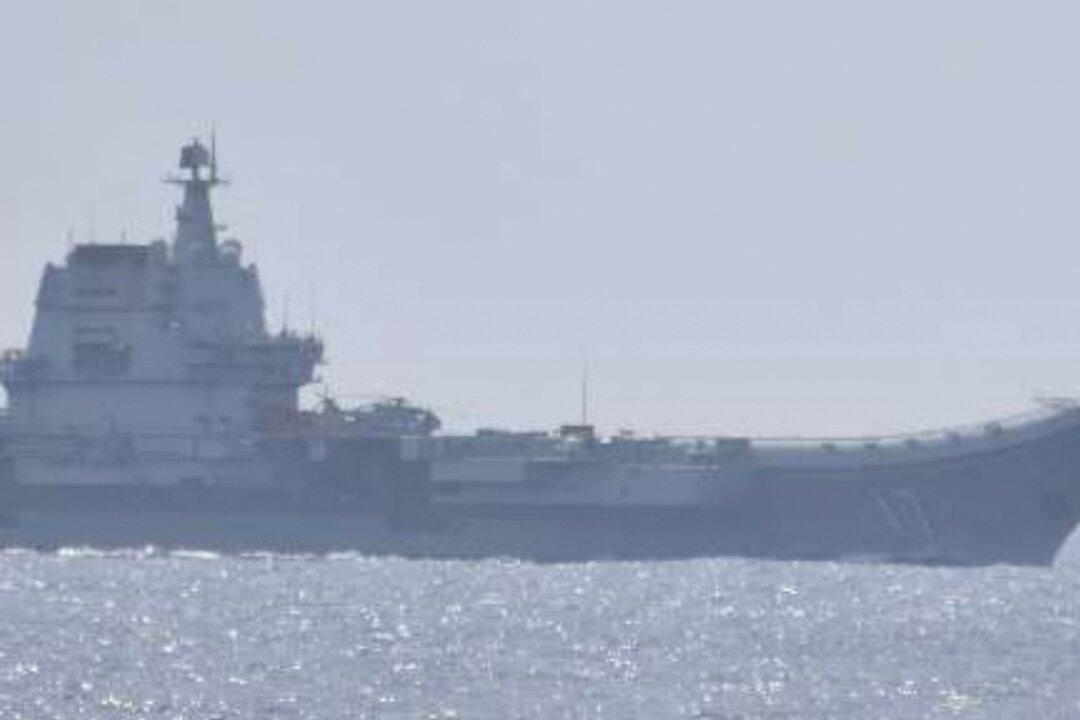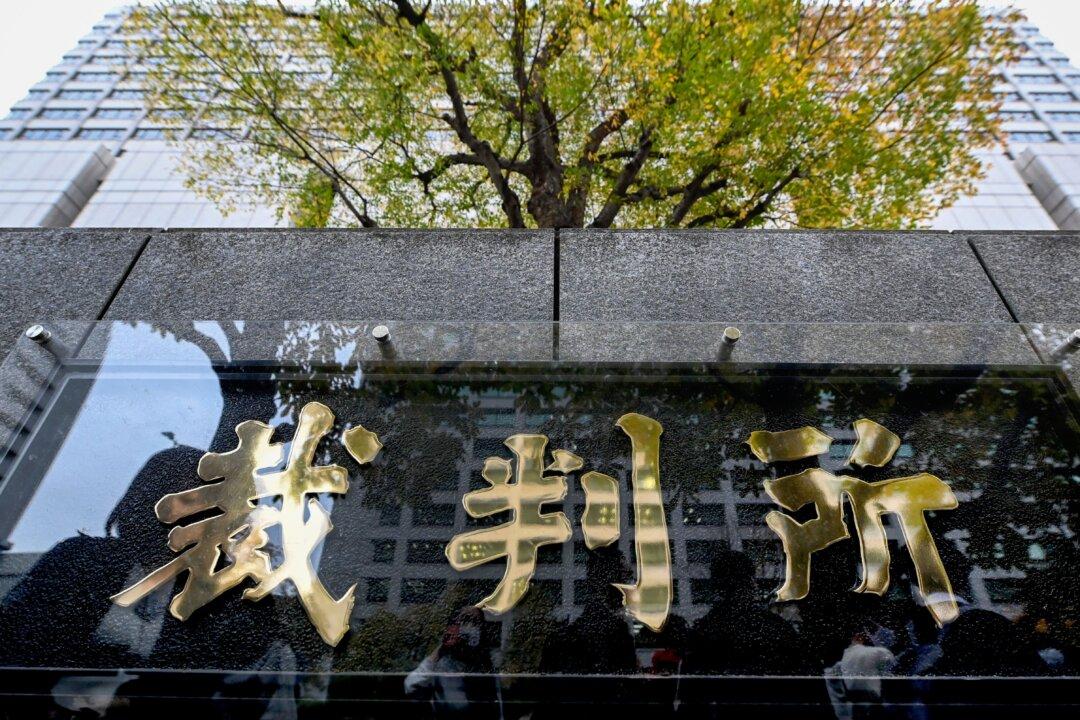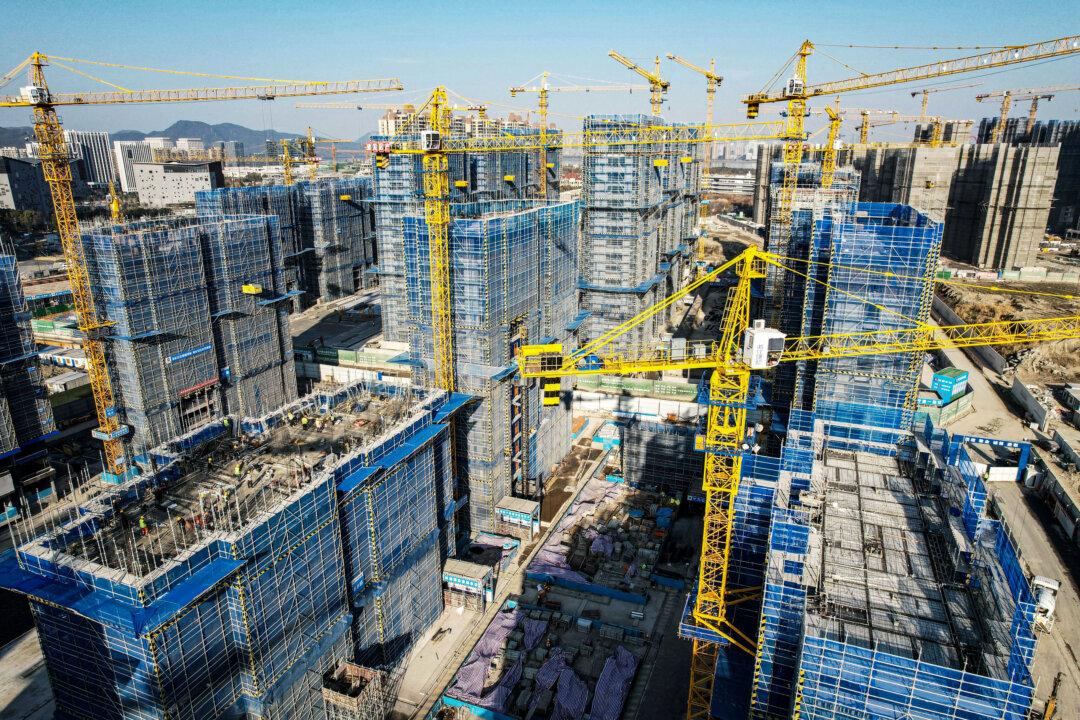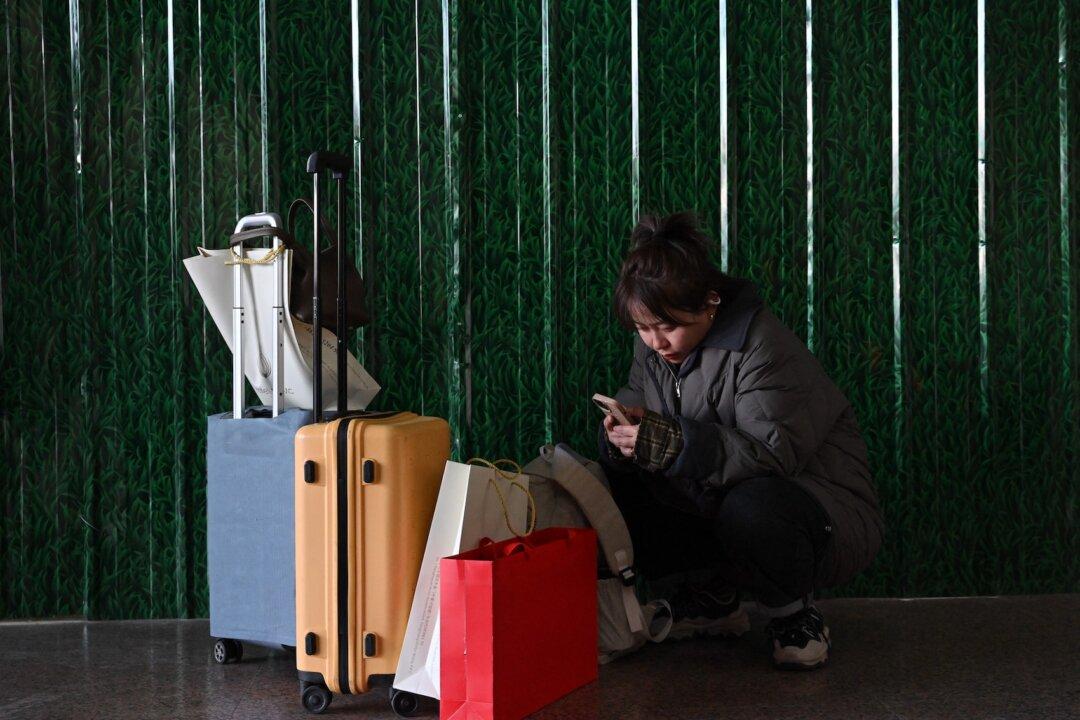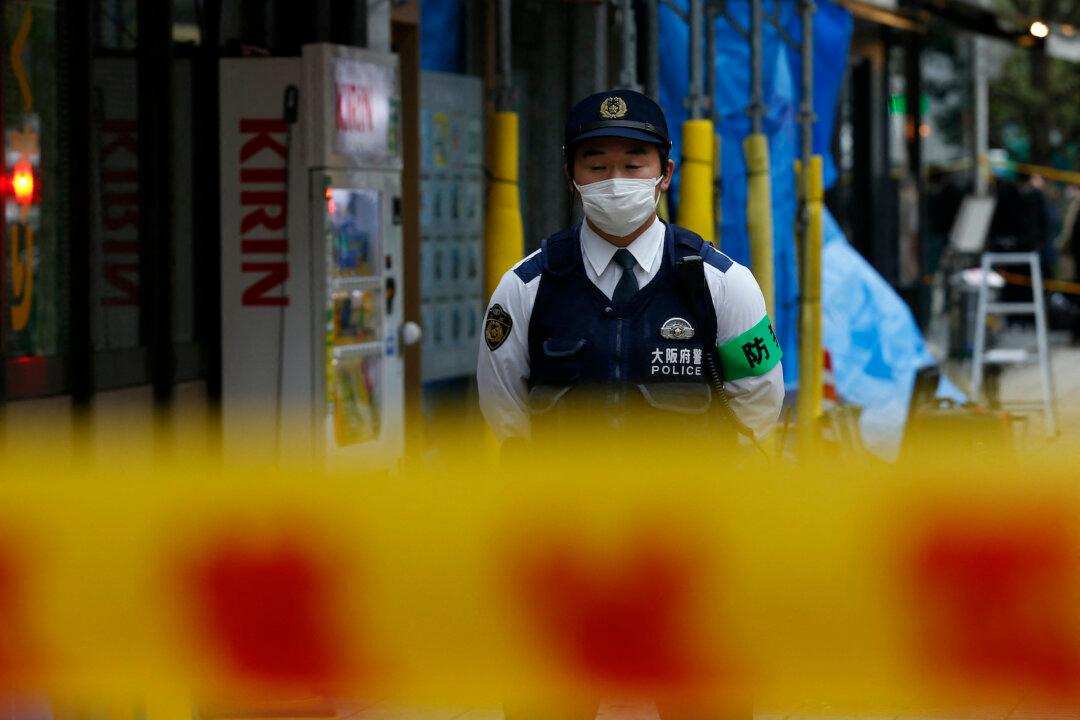The Chinese Navy’s 12-day military exercise around the Japanese archipelago ahead of the G-7 summit in Hiroshima, likely in reaction to Japan’s warming relations with Taiwan, has caused a strong reaction from the Japanese populace.
From April 30 to May 12, five Chinese warships circled the Japanese archipelago and surrounded the Sendo Islands in Okinawa prefecture.
